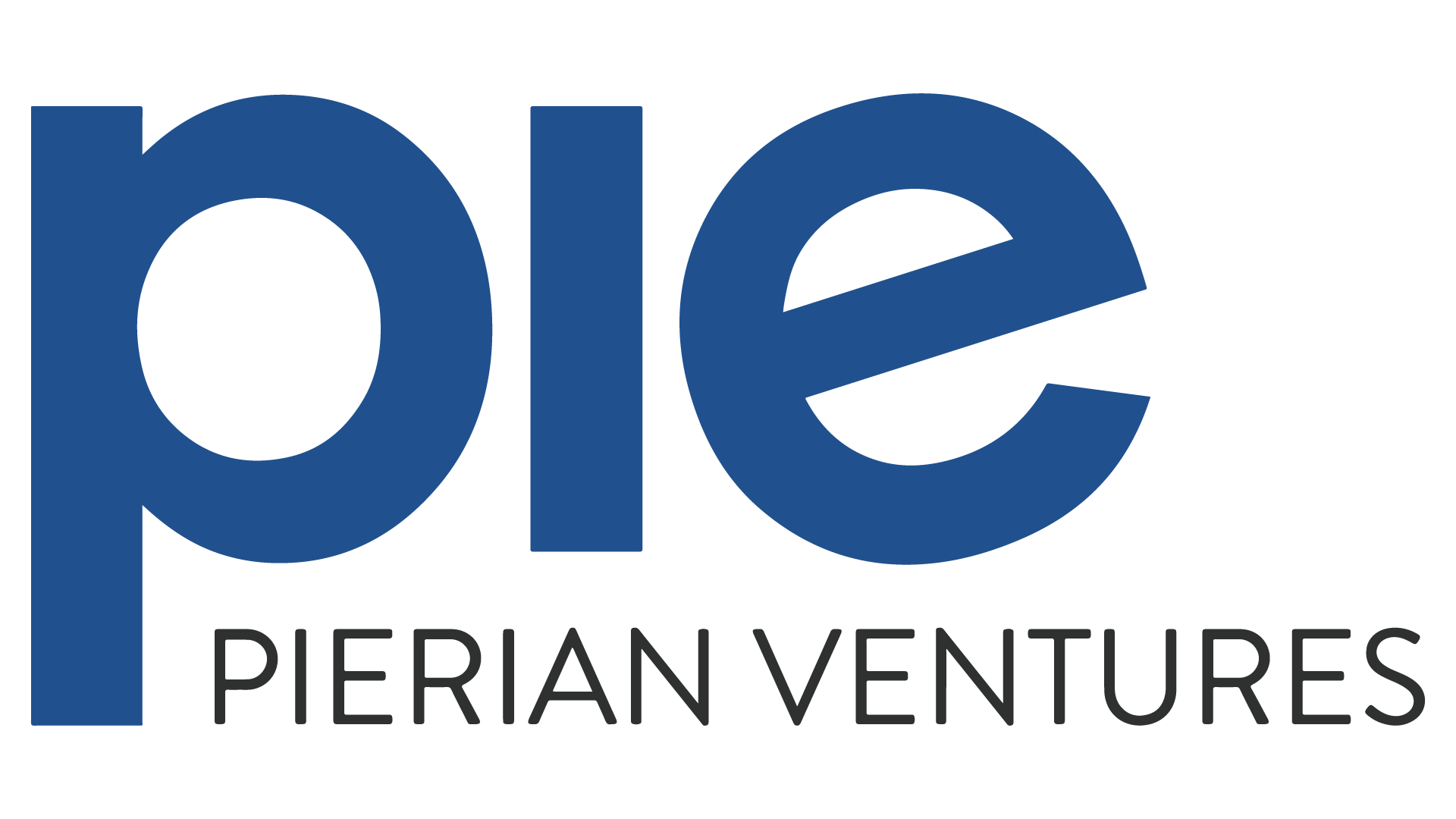Starting a business in the United States involves more than choosing a name or registering your company. To operate legally, protect your assets, and set your business up for growth, it’s essential to understand key foundational elements: the Employer Identification Number (EIN), Operating Agreements, and Corporate Bylaws.
Each of these plays a distinct but complementary role in how your business is recognized, managed, and governed. Let’s explore what they are, why they matter, and how professional guidance can help you navigate these complex requirements with confidence.
What Is an EIN and Why Is It Important?
An Employer Identification Number (EIN) is a distinct nine-digit number assigned by the IRS to identify a business entity.It acts as your business’s tax ID number and is required for tax filings, hiring employees, opening bank accounts, and applying for various licenses.
Even if your business has no employees, obtaining an EIN is generally necessary for LLCs and corporations to separate your personal and business finances. This separation is vital for maintaining liability protection, helping prevent personal assets from being at risk in business matters.
Many business owners find the EIN application process confusing, especially when considering the nuances for different entity types or when foreign entrepreneurs are involved. This is where professional guidance can have a meaningful impact.
Operating Agreements: The Blueprint for LLCs
If your business is structured as a Limited Liability Company (LLC), an Operating Agreement is a crucial legal document. It defines how the LLC is managed, the ownership percentages, voting rights, profit distribution, and procedures for resolving disputes or adding new members.
Although an Operating Agreement isn’t mandatory in every state, it’s strongly advised for LLCs to have one in place. This document helps preserve the limited liability protection by showing clear separation between the company and its members. It also prevents potential misunderstandings and conflicts down the line by establishing agreed-upon rules from the start.
Drafting an Operating Agreement that aligns with your business goals and complies with state laws can be complex. It requires careful consideration of your unique situation to avoid generic templates that might not fully protect your interests.
Corporate Bylaws: The Governance Framework for Corporations
For corporations, whether C-Corps or S-Corps, Corporate Bylaws serve as an internal manual that outlines governance procedures, including the responsibilities of the board of directors and officers, shareholder rights, and the conduct of meetings.
Bylaws are essential for demonstrating that the corporation is operating as a formal entity, which is key to maintaining the legal protections separating personal and corporate liabilities. They also help build trust with investors and financial institutions by providing transparency about how the company is managed.
Creating effective bylaws requires expertise in corporate governance and knowledge of applicable state laws to ensure they reflect your corporation’s needs and comply with regulatory standards.
How Pierian Ventures Supports Your Business Foundations
Navigating the complexities of EIN applications, Operating Agreements, and Corporate Bylaws can be challenging. Pierian Ventures specializes in providing comprehensive entity formation and compliance solutions tailored to your business needs.
Whether you’re forming a new LLC or corporation or restructuring an existing entity, Pierian Ventures offers expert guidance to:
- Secure your EIN accurately and efficiently while staying fully compliant with IRS regulations.
- Draft customized Operating Agreements that align with your company’s structure and objectives.
- Create thorough Corporate Bylaws that establish clear governance and meet state-specific requirements.
- Provide ongoing compliance monitoring to keep your business in good standing as regulations evolve.
With a deep understanding of U.S. business law and practical experience, the team helps minimize risks and streamlines these foundational steps, empowering you to focus on growing your business with confidence.
Why These Elements Matter for Your Business Success
Each component — EIN, Operating Agreement, and Corporate Bylaws — plays a pivotal role in:
- Ensuring your business is recognized correctly by tax authorities and regulators.
- Safeguard your personal assets by keeping a clear legal distinction between yourself and your business.
- Establishing a transparent structure for ownership, leadership, and decision-making processes.
- Minimizing internal disputes and misunderstandings.
- Demonstrating professionalism to banks, investors, and partners.
Skipping or mishandling these steps can lead to serious complications, including tax issues, legal vulnerabilities, and operational inefficiencies that could impede your business growth.
Conclusion
Establishing a compliant and well-structured business starts with understanding and implementing key elements like EINs, Operating Agreements, and Corporate Bylaws. These foundational pieces not only protect your company legally but also provide clarity and confidence as you expand.
If you’re unsure where to start or need help ensuring these documents are correctly prepared and maintained, working with experienced professionals can make all the difference. They bring the expertise to streamline the process and help you build a strong, scalable business that meets all legal requirements.
Taking these steps early lays the groundwork for your business’s long-term success, helping you avoid costly pitfalls and focus on what matters most—growing your enterprise with peace of mind.













